“Many are called, but few are chosen.” That verse from Matthew (22:14) certainly applies to presidential aspirants. The latest to be called but not chosen is Ron DeSantis, who ended his campaign Sunday. Technically, he “suspended” the campaign, but that was simply to comply with campaign finance laws. In practice, the run is over.
The campaign was a brief, unsuccessful effort by a candidate who began with high promise, based on his success as Florida governor. He won that office, just barely, in 2018 after a decisive endorsement from Donald Trump. He was reelected overwhelmingly in 2022 against a well-regarded Democratic opponent. In five years, he turned a state that had been purple for decades — remember Bush versus Gore in 2000 — into a reliably red one, fueled by a strong economy and an influx of people from high-tax, high-regulation states in the Northeast.
DeSantis didn’t accomplish any of that with middle-of-the-road policies or watered-down compromises. He pursued a tough-minded conservative agenda on schools, taxes, public health and more. He defied Washington to reopen schools and the economy during Covid, producing a sharp recovery without worse health outcomes. Other Republican governors followed suit. He enacted school choice legislation and, more controversially, signed a six-week ban on abortions after the Supreme Court returned those decisions to the states (the Dobbs decision overturning Roe v. Wade).
Those policies and their demonstrable success were red meat for a red base. No one doubted he would be a strong conservative voice in the White House, willing to resist the pressure of Washington insiders and national media, doubts the base clearly has about Nikki Haley. Thanks to those policies and his success in Florida, he began with more than enough funds to make his case to voters.
He decided to make that case on the most favorable ground, Iowa, where Republicans share DeSantis’s values. He finished a distant second in the caucuses there and failed to win a single one of the state’s ninety-nine counties. He was trailing so badly in the New Hampshire primaries that he effectively withdrew from them. South Carolina was next up — and he was trailing badly there.
He didn’t need a crystal ball to see the future. It read “no chance defeating Trump” and “danger to your political future” if you stay in the race longer and keep criticizing the party’s clear favorite. On Sunday, he took the fortune tellers’ advice and got behind the front-runner. That’s was the only way to preserve his chances in future elections.
What happened to a campaign that began with such promise?
Some pundits have said it was his personality, his inability to connect with everyday voters. He’s not supercilious like John Kerry or robotic like Al Gore. But neither is an engaging, one-on-one politician like Bill Clinton. He’s more like Richard Nixon, a cold and charmless policy wonk.
Some have stressed his mistaken decision to rely on social issues, to Trump’s right. That was, indeed, a mistake. The Republican base was more than pleased with Trump’s results on that score, mainly because he delivered them a supermajority on the Supreme Court.
By stressing these social issues, DeSantis downplayed what was really his best argument. “I can actually deliver and implement the policies nearly all Republicans agree on. And, unlike Trump, I can help us win downballot elections.” Remember, Trump was titular head of the party when it lost in 2018, 2020 and 2022. Without winning those elections, the president can’t get his agenda through Congress.
Yet the real reason DeSantis lost isn’t his personality or his campaign strategy. It is five letters: TRUMP. That is the name that has dominated American politics, for better or worse, in victory and defeat, since he came down the escalator in June 2015 and declared his candidacy.
What the Iowa Caucuses and polling in New Hampshire and South Carolina proved is that the Republican base still loves him. They have seen him at rallies over the past six months and concluded he’s still vigorous enough to govern. Equally important, they believe he can win in November because Biden is so weak. (That undercuts Nikki Haley’s strongest argument, which is that she alone can win because she alone can attract centrist voters.)
Biden is polling in the low 40 percent range and looks frail and aged. Those numbers could rise if the economy strengths, but he faces a slew of other problems, beginning with an open border and the lingering effects of inflation.
The weaker Biden is, the better Trump’s chances. The better his chances, the more Republican voters are willing to give him another chance. Most believe the former president is willing to risk everything to fight for them, is determined to fight the entrenched Washington Establishment and their flaks in the legacy media — and is paying a heavy price in courts that are treating him unfairly.
In the end, it wasn’t so much that DeSantis lost. It was that Trump won. DeSantis was just a casualty along the way. Nikki Haley is almost certain to fall soon. The question now is whether the next name on the casualty list will be Joe Biden or Trump himself.



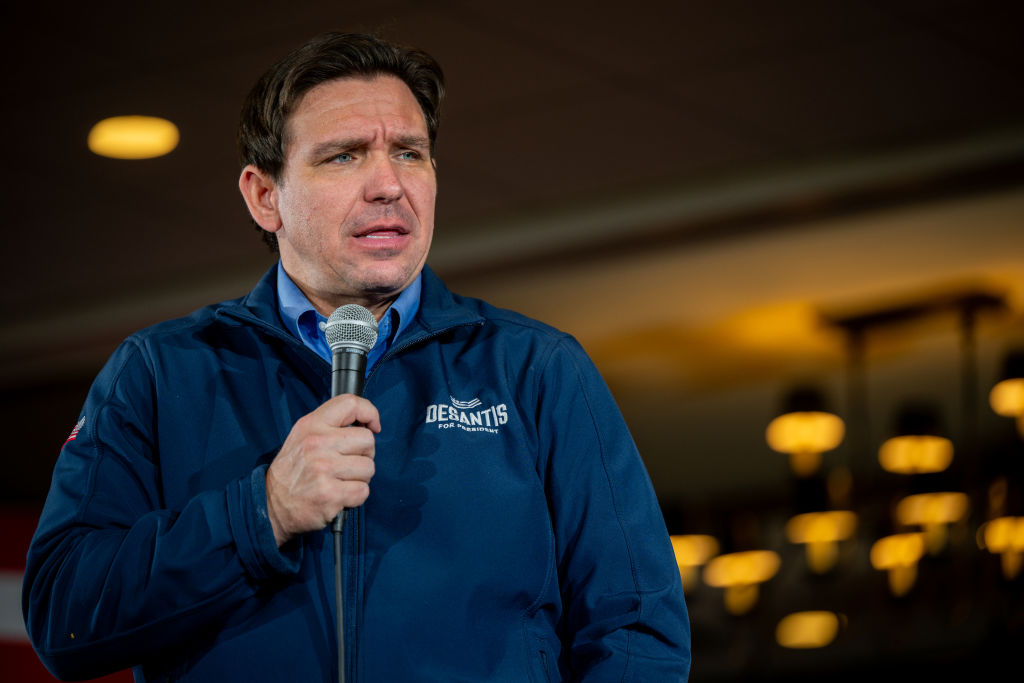








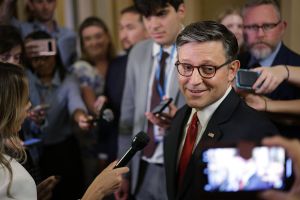

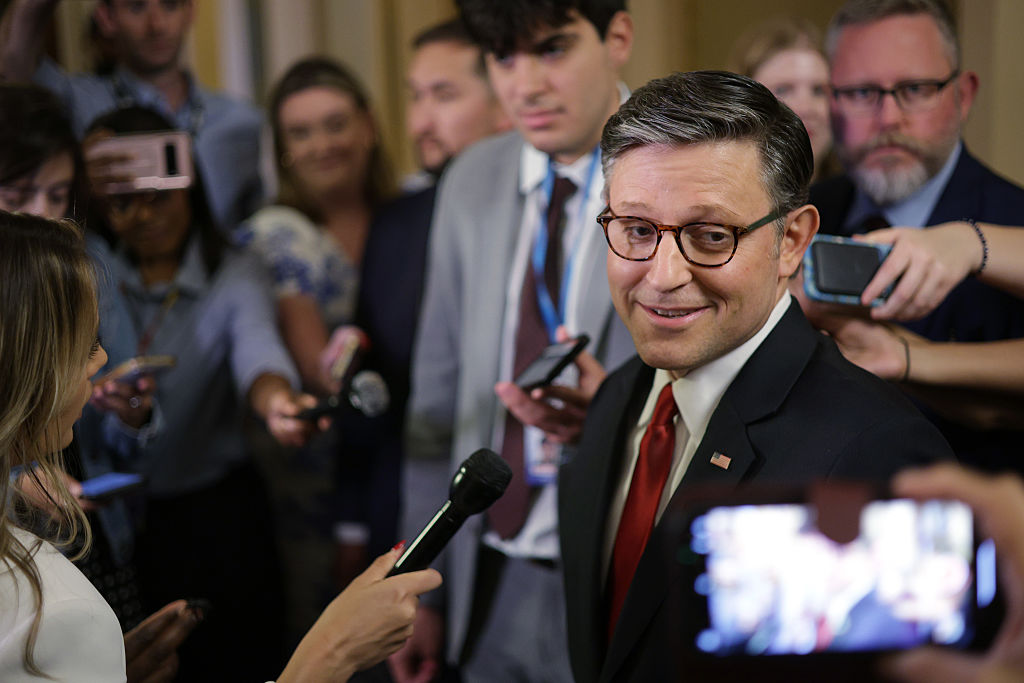


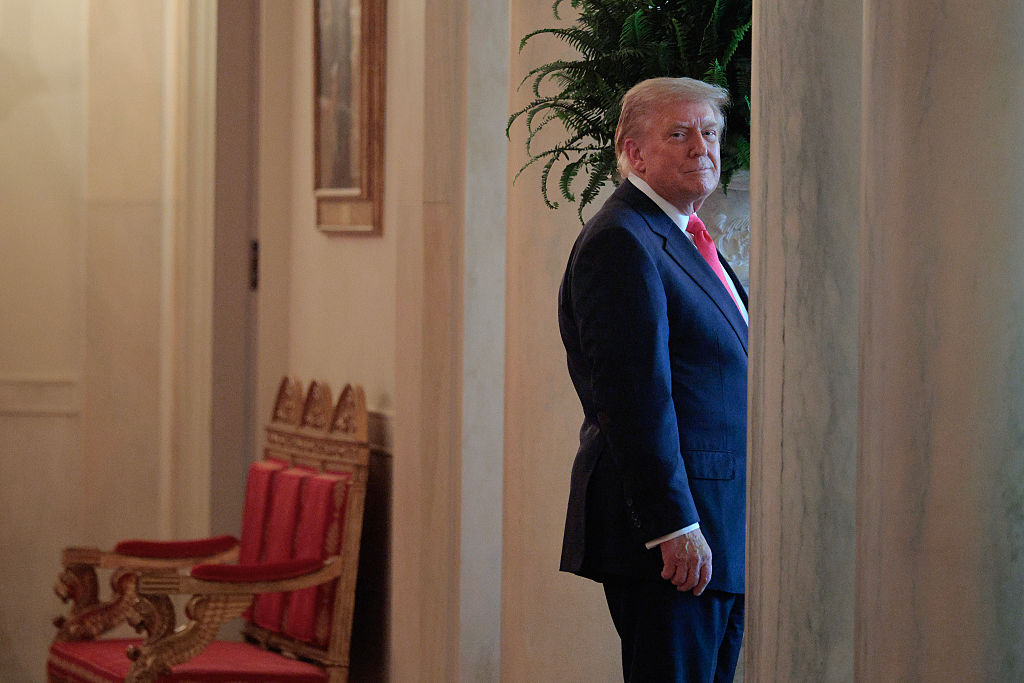
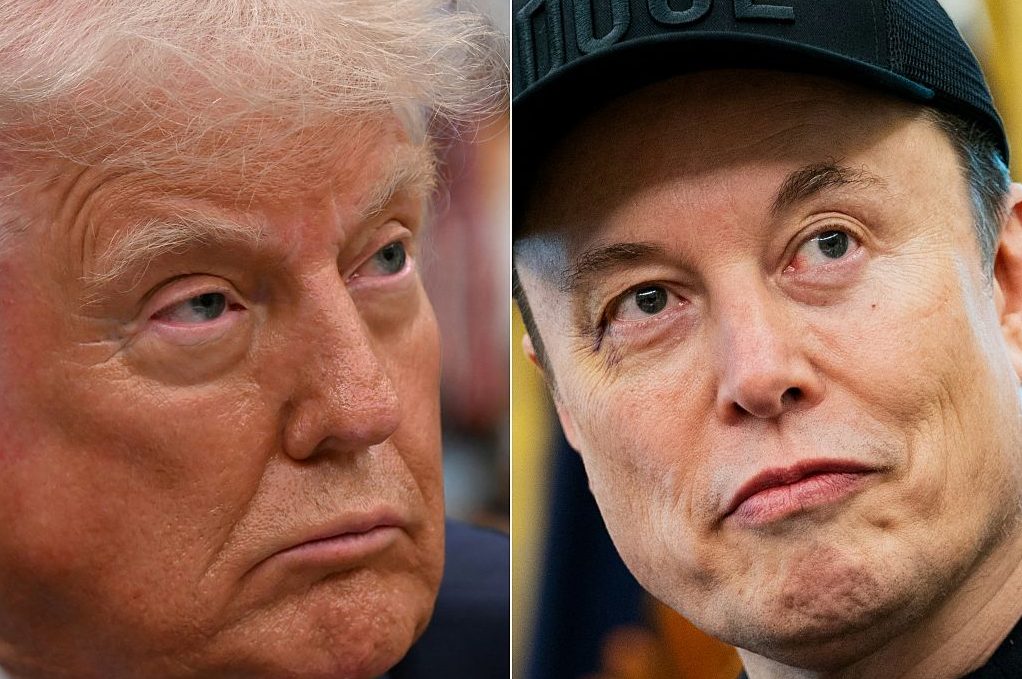







Leave a Reply